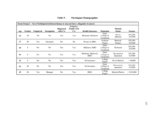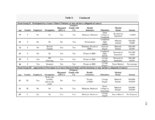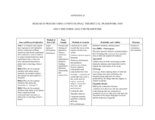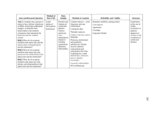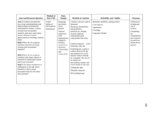| Description |
Recruitment strategies often fail to examine practices and assumptions in terms of how race and racism shape African American perceptions of participation in cancer research, despite studies linking low participation with poor health outcomes. This study critically explored relationships between actual and potential African American research subjects and the research community to determine how history, discourse, and perceptions related to race, identity, and power constructed the role of research subject as a social identity, and how these relationships may contribute to sustaining inequitable relationships in cancer research. Data were collected during three focus group sessions with 1) individuals who were never recruited to participate in a cancer clinical trial (n=7), 2) individuals who participated in a cancer clinical trial (n=6); and 3) individuals who were approached to participate in a cancer clinical trial and have declined participation (n=3), using African American moderators. Sessions were audiotaped and transcribed verbatim. Analysis integrated a postcolonial perspective with sociolinguistic methods, comparing responses within and across the three groups. A detailed discussion explains how historical, discursive, and sociolinguistic approaches were synthesized into a method for analyzing how history and discourse co-construct "research subject." Focus group talk was analyzed in terms of how African Americans construct their relationship to medical science and how talk of significance, relationship, and identity shape ideas about cancer research and participation for the subjects in positive and negative ways. Positive concepts included historical roots, family, knowledge, accountability, and community. Negative concepts conveyed concerns of distrust, discrimination, limited resources, and lack of information about research studies. Data were also analyzed for relationships among fear, fatalism, and research subject identity, and how these concepts may influence research participation. Four key patterns emerged within the broader discourse of research: fears of the unknown, conspiracy, distrust, and discrimination. Study findings highlight how language mediates and constructs our understanding of cultural and historical practices surrounding cancer research and study recruitment. Recognizing the complex factors that construct relationships between minority subjects and cancer research may give us a better appreciation of individual agency, power, identity, and how the dynamics of individual, community, and organizations influence equitable healthcare. |





















































































































































